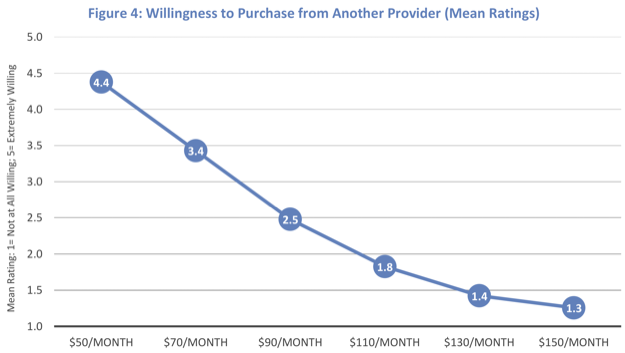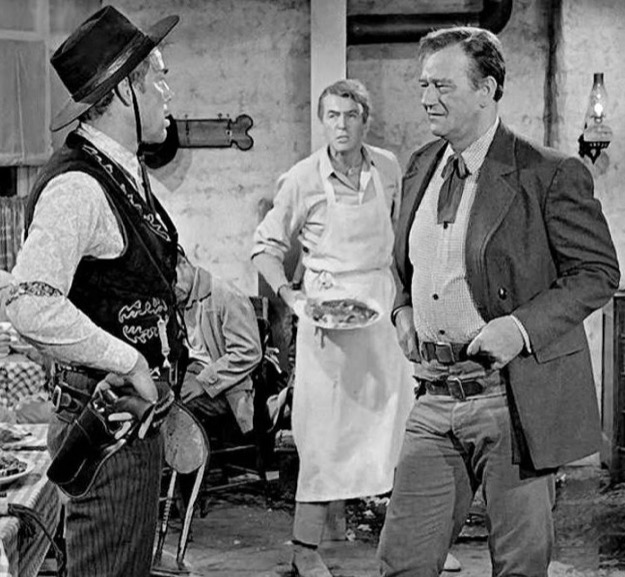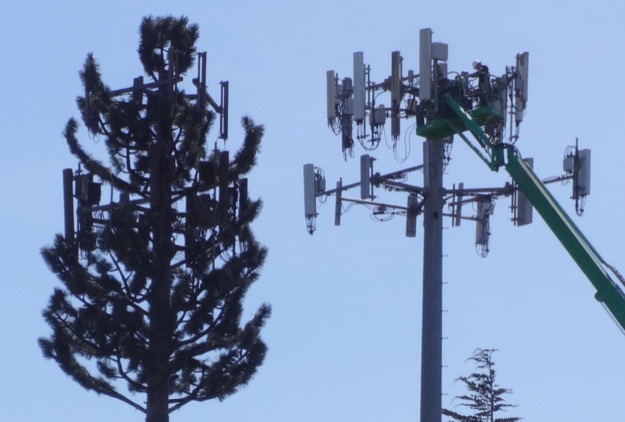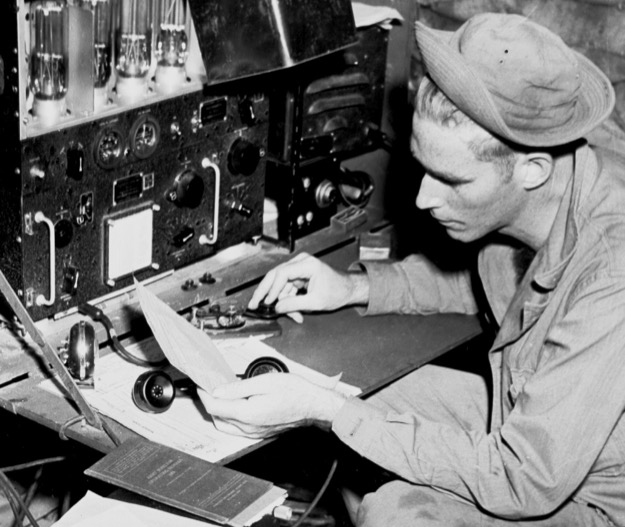Unfinished business will finish off California’s broadband subsidy program in 2021

California’s primary broadband infrastructure subsidy program – the California Advanced Services Fund (CASF) – ends 2020 with a dwindling account balance and many unanswered questions about how that money will be spent. Last week, the California Public Utilities Commission approved a $7.6 million grant to Race Communications for a fiber to the premise (FTTP) project in Williams, in Colusa County, and a $3.7 million grant to the Plumas Sierra electric cooperative for a project, also FTTP, in Lassen and Sierra counties.… More









![Downtowngal [CC BY-SA 3.0 (https://creativecommons.org/licenses/by-sa/3.0)] Mobile home park](https://www.tellusventure.com/images/2019/mobile_home_park.jpg)